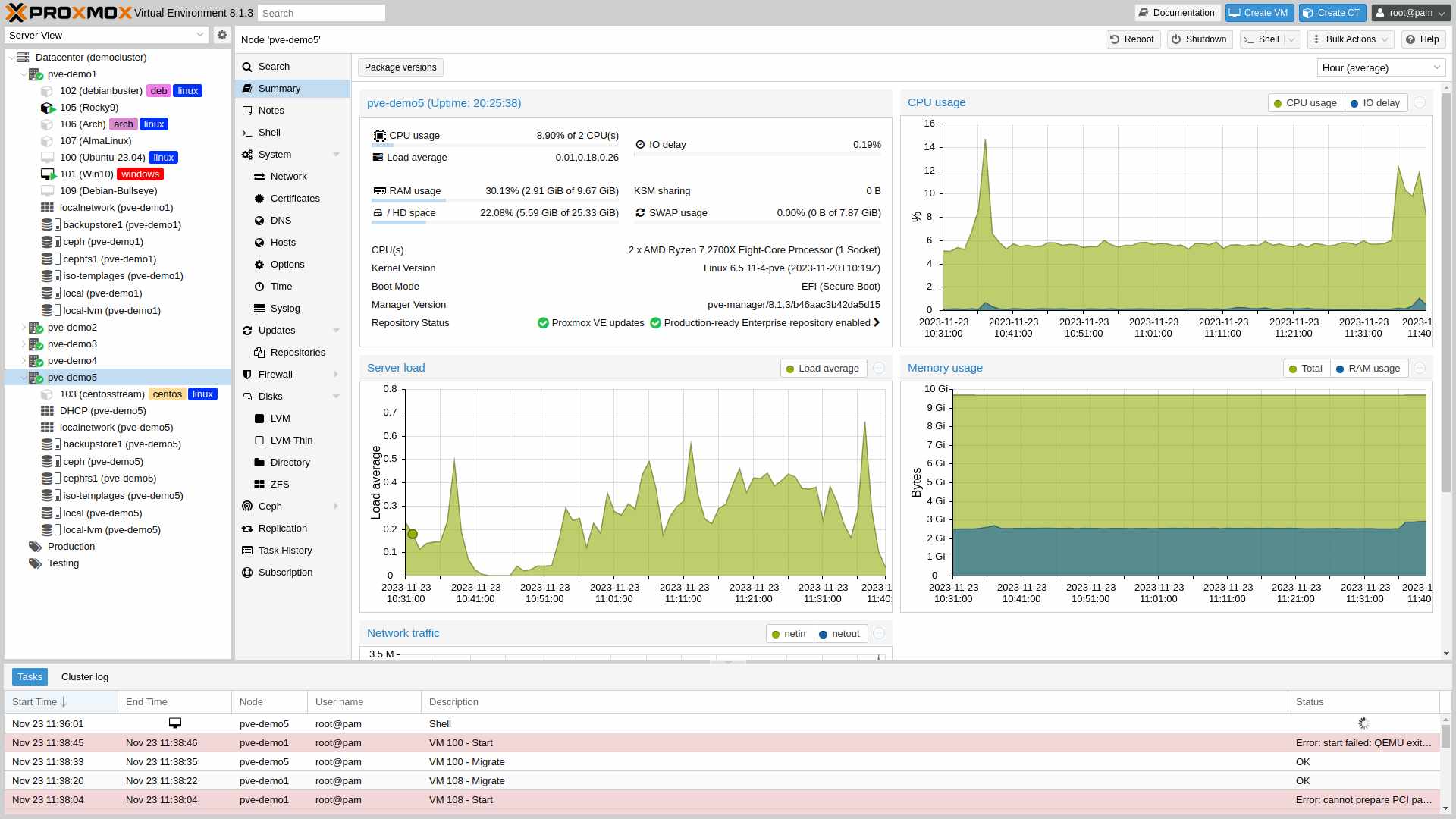ChemiCloud often offers promotions, coupons, and special offers to customers during their initial
term. Please note that special offers are limited-time promotional prices available to new customers
and are valid for the Initial Term only and not for recurring or renewal periods.
Promotional rates apply to Shared Hosting, WordPress Hosting, Reseller Hosting, and VPS Hosting
hosting plans and will automatically renew after the initial term at the regular rate found in your
control panel. Note: If you register a free domain through us and wish to cancel your account within
the money-back guarantee period, there is a fee to retain your domain.
Suppose your hosting plan includes a free domain, and you cancel your hosting within the money-back
guarantee period. In that case, you will be refunded 100% of your payment minus the regular rate of
the domain name registration.



















